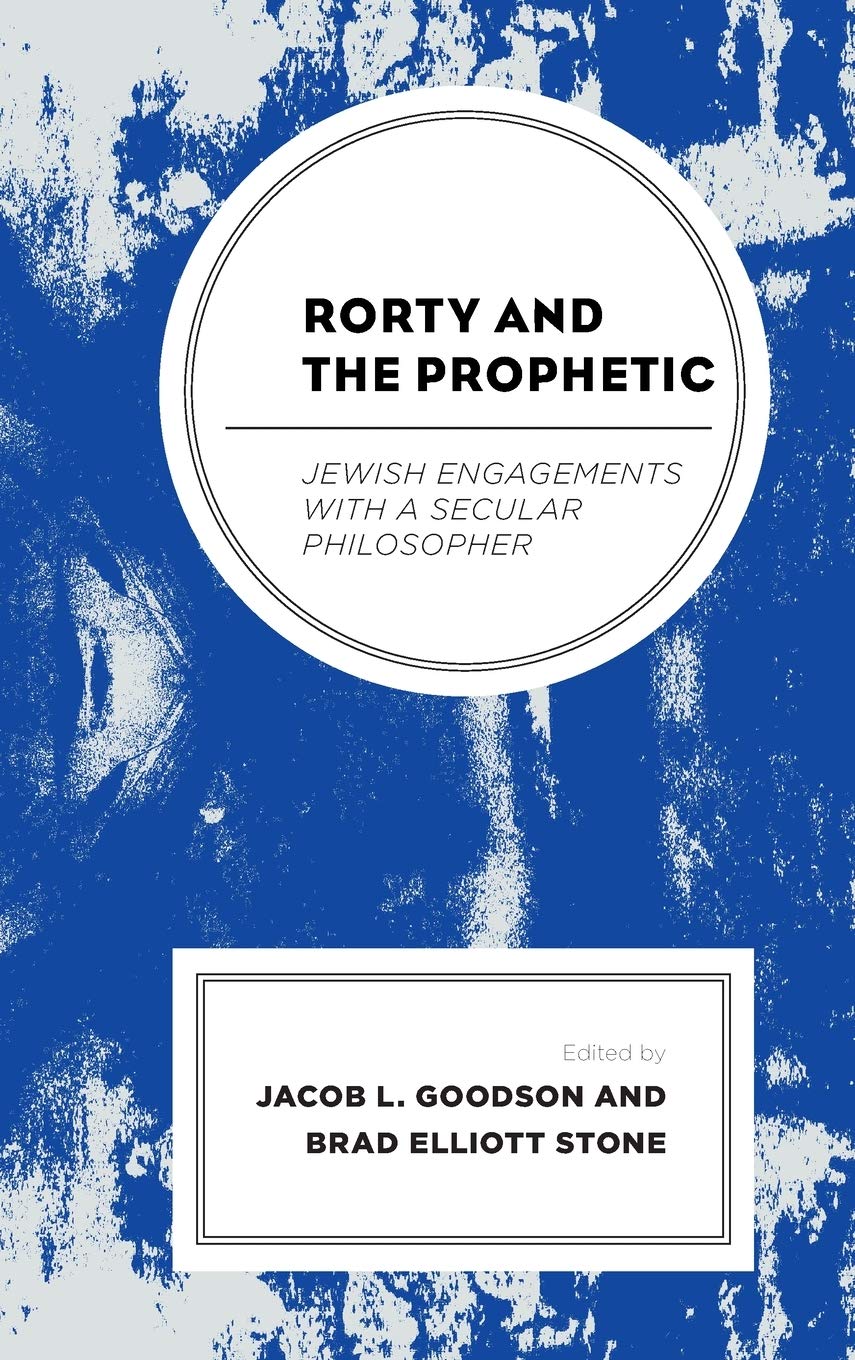

Most ebook files are in PDF format, so you can easily read them using various software such as Foxit Reader or directly on the Google Chrome browser.
Some ebook files are released by publishers in other formats such as .awz, .mobi, .epub, .fb2, etc. You may need to install specific software to read these formats on mobile/PC, such as Calibre.
Please read the tutorial at this link: https://ebookbell.com/faq
We offer FREE conversion to the popular formats you request; however, this may take some time. Therefore, right after payment, please email us, and we will try to provide the service as quickly as possible.
For some exceptional file formats or broken links (if any), please refrain from opening any disputes. Instead, email us first, and we will try to assist within a maximum of 6 hours.
EbookBell Team

4.4
52 reviewsRorty and the Prophetic interrogates and provides a constructive assessment to the American neo-pragmatist philosopher Richard Rorty’s critiques of Jewish ethics. Rorty dismisses the public applicability of Jewish moral reasoning, because it is based on “the will of God” through divine revelation. As a self-described secular philosopher, it comes as no surprise that Rorty does not find public applicability within a divinely-ordered Jewish ethic. Rorty also rejects the French Jewish philosopher Emmanuel Levinas’s ethics, which is based upon the notion of infinite responsibility to the Face of the Other. In Rorty’s judgment, Levinas’s ethics is “gawky, awkward, and unenlightening.” From a Rortyan perspective, it seems that Jewish ethics simply can’t win: either it is either too dependent on the will of God or over-emphasizes the human Other. The volume responds to Rorty’s criticisms of Jewish ethics in three different ways: first, demonstrating agreements between Rorty and Jewish thinkers; second, offering reflective responses to Rorty’s critiques of Judaism on the questions of Messianism, prophecy, and the relationship between politics and theology; third, taking on Rorty’s seemingly unfair judgment that Levinas’s ethics is “gawky, awkward, and unenlightening.” While Rorty does not engage the prophetic tradition of Jewish thought in his essay, “Glorious Hopes, Failed Prophecies,” he dismisses the possibility for prophetic reasoning because of its other-worldliness and its emphasis on predicting the future. Rorty fails to attend to and recognize the complexity of prophetic reasoning, and this book presents the complexity of the prophetic within Judaism. Toward these ends and more, Brad Elliott Stone and Jacob L. Goodson offer this book to scholars who contribute to the Jewish academy, those within American Philosophy, and those who think Richard Rorty’s voice ought to remain in “conversations” about religion and “conversations” among the religious.